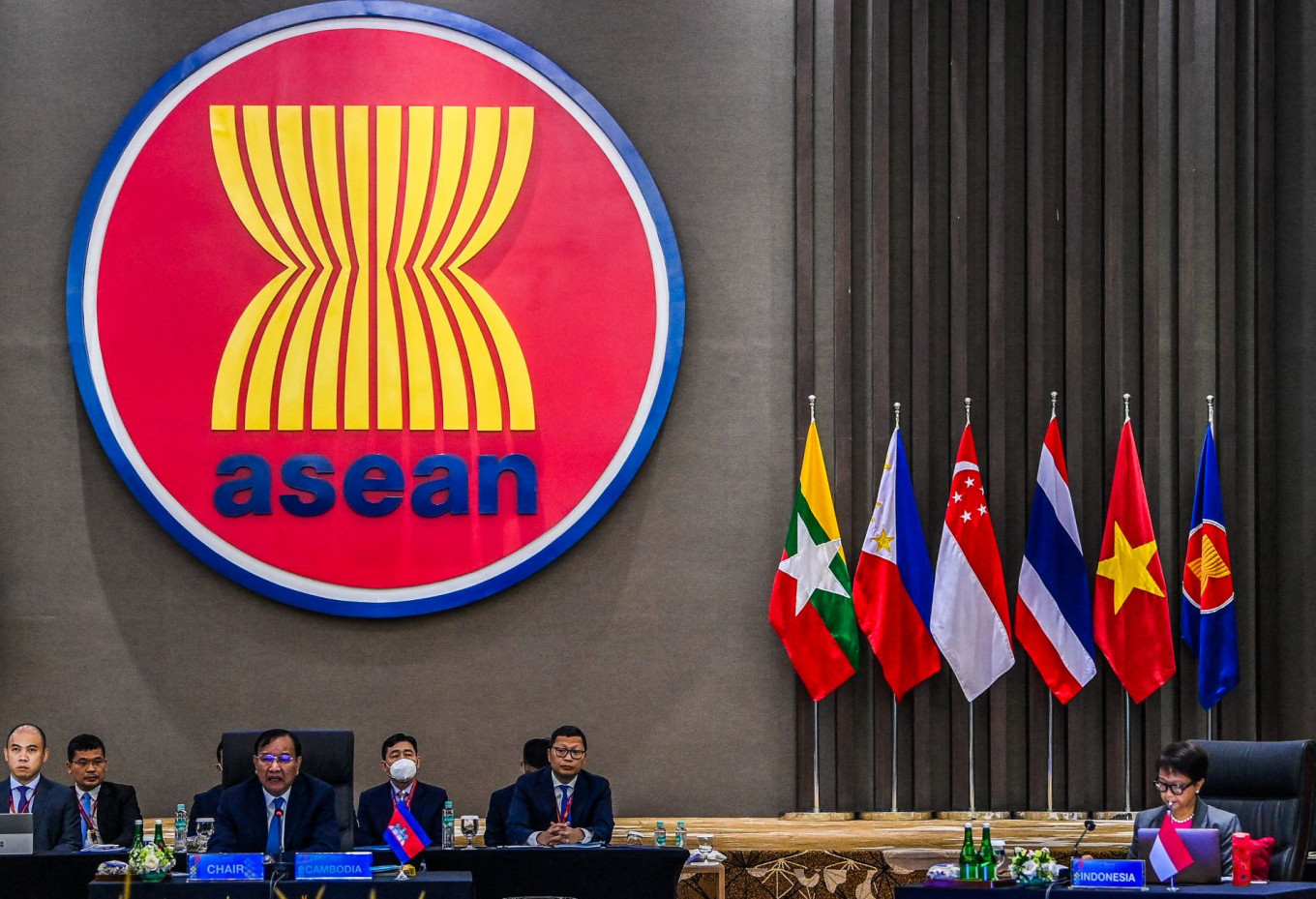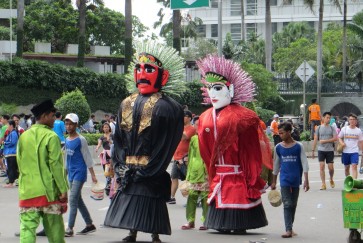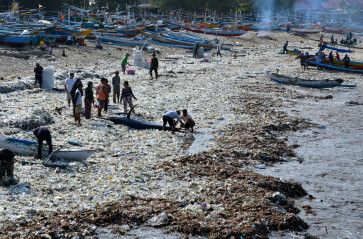How to approach the protracted Myanmar crisis
Any objectives ASEAN has set out to achieve will not be possible unless the conflicting parties sit and talk to each other.
Change text size
Gift Premium Articles
to Anyone

I
n her annual foreign policy speech on Jan. 11, Foreign Minister Retno LP Marsudi outlined the general direction of Indonesia’s foreign policy for the rest of 2023. While she touched on a range of issues in her speech, including last year’s achievements, it is important to look at how Indonesia plans to approach the Myanmar cause.
It is this problem that has received a lot of attention from the region and beyond. Moreover, expectations are very high that Indonesia, which assumes ASEAN chairmanship this year, would be able to produce a breakthrough on the current impasse.
It is clear that the first challenge that Minister Retno needed to address is the management of expectation. She stated that while Indonesia’s chairmanship would pay serious attention to finding solutions to the Myanmar crisis, Indonesia would not allow other equally important points on ASEAN’s agenda to be held hostage by this problem. In other words, Indonesia’s chairmanship of ASEAN is not going to be a single-issue chairmanship.
Indonesia’s approach to the Myanmar problem, as outlined by Minister Retno, has two important elements.
First, in order to have a coordinated and coherent approach, a special office of special envoy will be set up, led by Minister Retno herself. Second, as the five-point consensus (5PC) continues to be the basis of any approach toward the Myanmar problem, Indonesia emphasized the need to pay attention to the importance of all-inclusive dialogues.
That is why, in her speech, Minister Retno reiterated that Indonesia will “engage all stakeholders” in order “to facilitate national dialogue”, which is mandated by the 5PC (objective no. 2). The other two key objectives mandated by the 5PC are cessation of violence (objective no. 1) and the delivery of humanitarian assistance (objective no. 4).
This is indeed the right approach, because ASEAN works on the principle that it is the Myanmar people themselves who should find the solution to their own problem. Outsiders can only help. Whatever objectives ASEAN set out to achieve will not be possible unless the conflicting parties sit and talk to each other.
ASEAN’s mandate and role are also limited. It only seeks to facilitate a political settlement to the current crisis caused by the military coup. ASEAN is not in the position to engage in a long-term project of nation-building in Myanmar. However, in between facilitating political settlement and nation-building, ASEAN, if required and asked by the Myanmar people, can also help in post-crisis peacebuilding.
Implementing this approach, however, is not easy for Indonesia and ASEAN. It requires the fulfilment of several prerequisites.
First, it has to rely on intensive communication. The all-inclusive dialogue necessitates Indonesia, as the chair, to talk to all parties, especially the National Unity Government (NUG) and the State Administration Council (SAC), without being accused of conferring any legitimacy and recognition.
The position of Indonesia, and in fact ASEAN itself, is clear: it does not recognize the SAC as the government of Myanmar. So, there is no need for prodemocratic forces in Myanmar to suspect Indonesia’s motives if it communicates with the SAC. At the same time, the SAC should not prevent Indonesia from talking to the NUG, the National Unity Consultative Council (NUCC), the People’s Defence Force (PDF) and other concerned parties.
Second, it should be equipped with a clear plan. As the chair, Indonesia should start coordinating the fulfilment of the task given by the leaders to develop “an implementation plan that outlines concrete, practical and measurable indicators with a specific timeline to support the Five-Point Consensus…”.
This plan should also include the empowerment of the secretary-general of ASEAN and the AHA Center to facilitate humanitarian assistance, and the detailing of the Terms of Reference (ToR) for the special envoy.
Third, the approach also requires Indonesia to work with other partners, especially dialogue partners, to create conducive circumstances for all-inclusive dialogue. In this regard, it is imperative that Indonesia coordinate with key ASEAN members such as Malaysia, Thailand and Singapore, and also with extra-regional powers such as China, India and Japan.
There is no guarantee that the conflicting parties in Myanmar would be keen to proceed to the all-inclusive dialogue. For sure, it would be hard to reconcile the positions of the conflicting parties.
The military, for one, should realize that order and stability in Myanmar can only be fulfilled through the restoration of democracy and civilian rule.
However, the mechanism and the process by which power will be transferred to the civilian must be crafted creatively by the people of Myanmar themselves. ASEAN can only facilitate all-inclusive dialogue among them to achieve that.
***
The writer is a senior fellow at the Centre for Strategic and International Studies (CSIS), Jakarta, and former Indonesian ambassador to the United Kingdom, Ireland and the International Maritime Organization (2016-2020).









